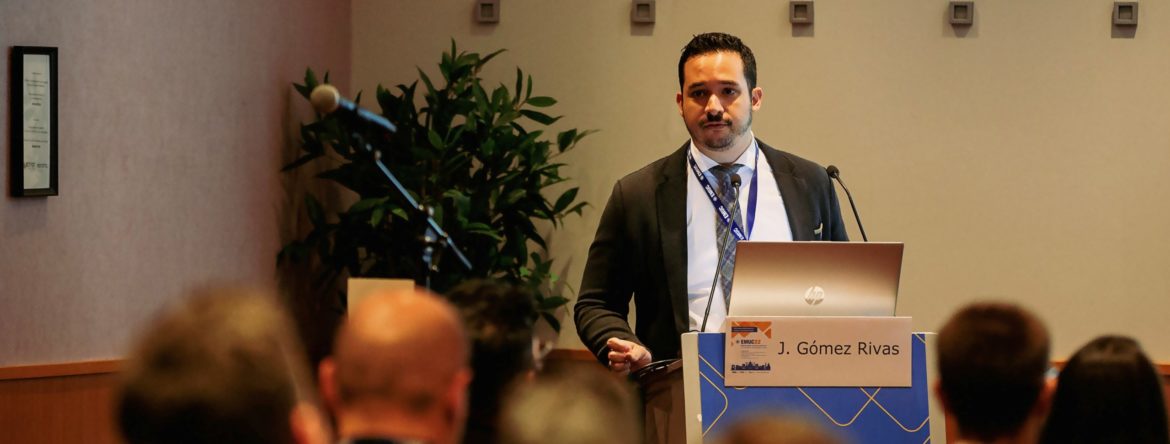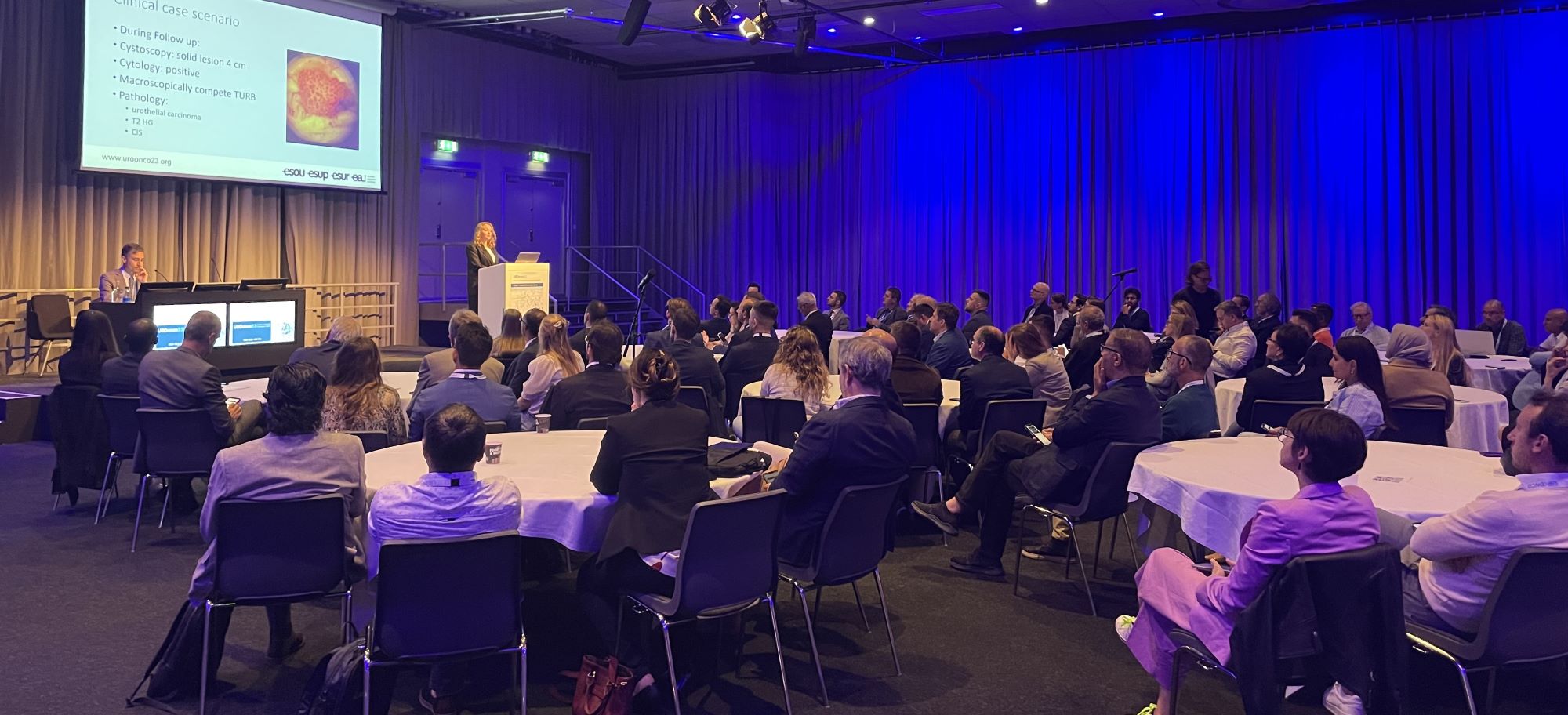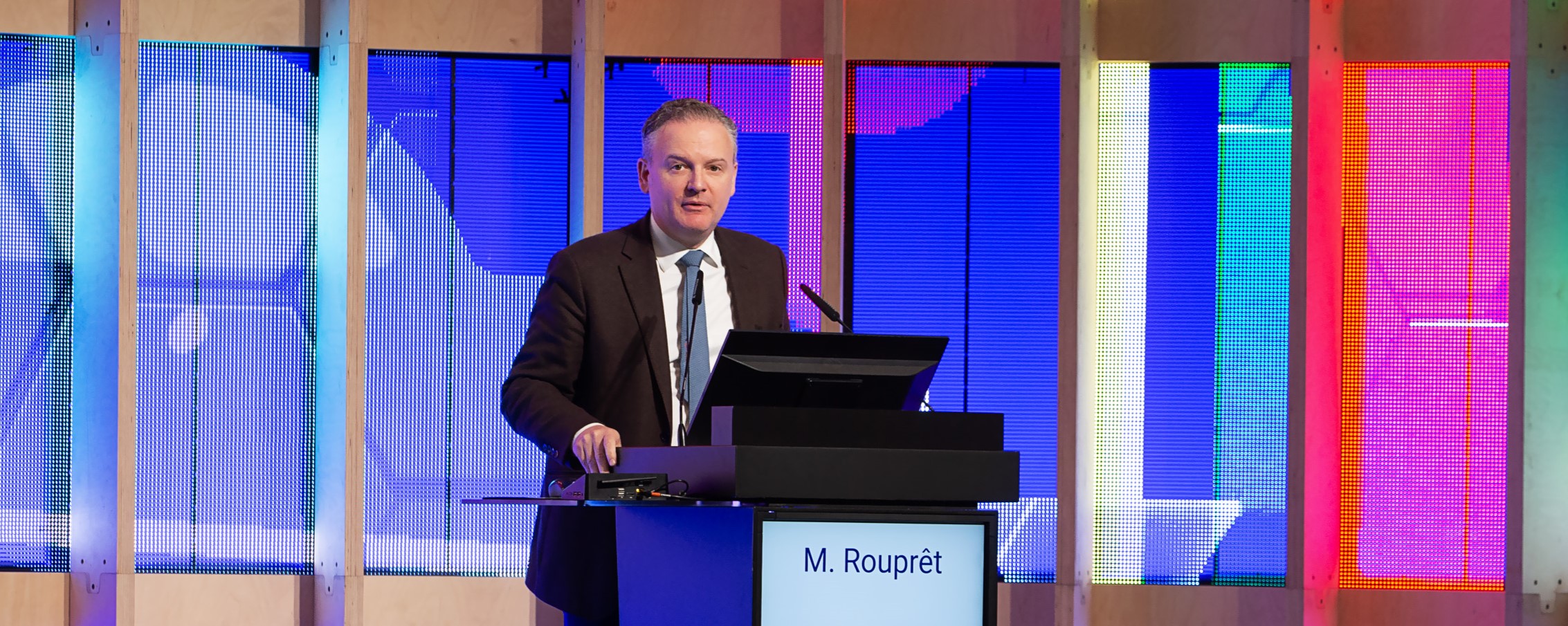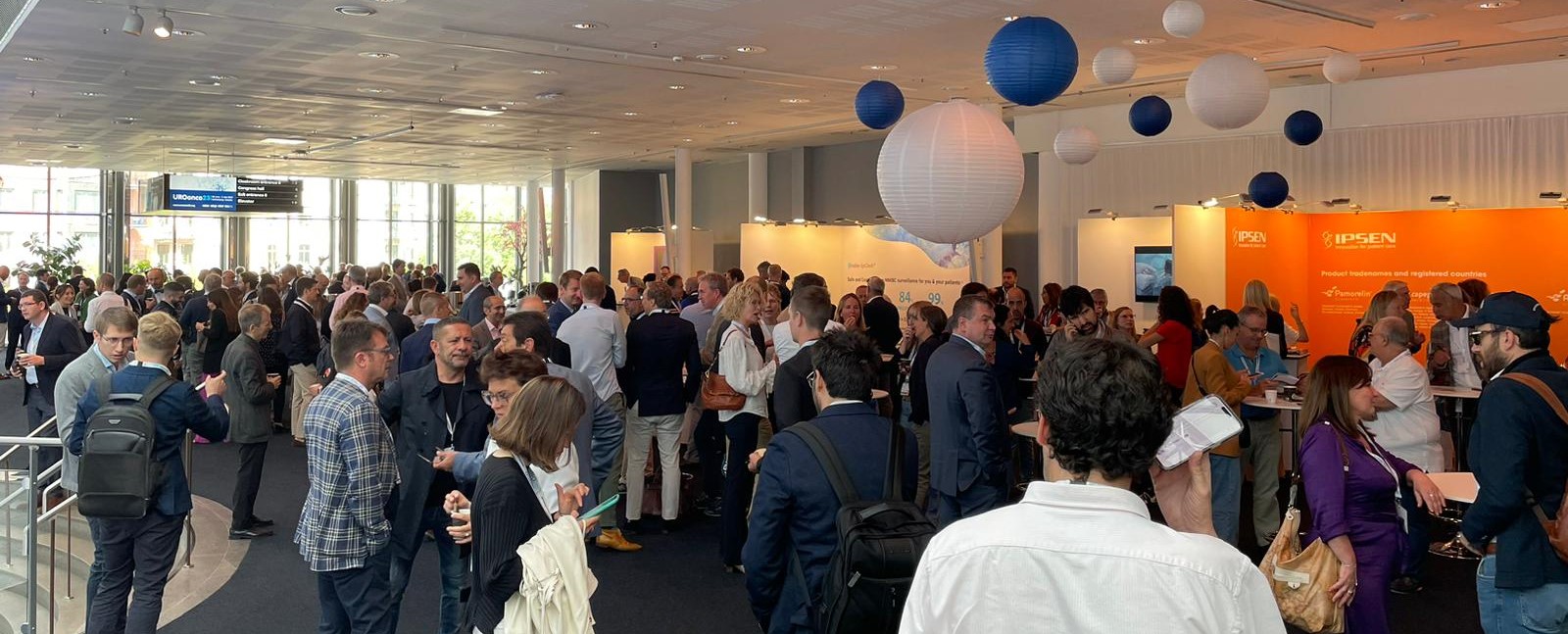With the first ever UROonco23 meeting taking place next month in Gothenburg, Sweden, from 30 June – 2 July, the EAU Section of Oncology (ESOU) is set to host this event encompassing four major oncological topics in one location. Collaborating with a broad network of experts from various onco-urology fields, the extensive three-day scientific programme includes plenary sessions, big trial updates from recent international urology meetings, rapid-fire presentations, interactive roundtable sessions, hands-on training, guidelines updates and challenges.
Of particular interest is the introduction of the new update sessions for prostate cancer, bladder cancer and renal cancer. These sessions have replaced the previous educational Update Meetings dedicated to PCa, BCa and RCC. In the new format of interactive roundtable discussions, the aim is to encourage active participation and the exchange of ideas, highlighting advancements and new technologies in the realm of GU cancers. There are three different session times to choose from, which will ensure small and dynamic group sizes.
In this interview with Dr. Juan Gómez Rivas (ES), chair of the Young Academic Urologists (YAU), he provides valuable insights into the significant role undertaken by the YAU in the planning process of these new update sessions, and highlights the topics that will be covered.
Educational roundtable discussions
Dr. Gómez Rivas (ES): “With the new format of these PCa, BCa and RCC update sessions, the primary objective is for delegates to gain a comprehensive understanding of the latest developments and technologies in genitourinary cancers (GU). The 1.5 hour interactive roundtable discussions will foster close collaboration and engagement between the audience and experts in the field, enhancing the knowledge-exchange, and promoting a deeper exploration within GU cancer topics. Through these sessions, we hope to provide a platform for participants to gain valuable insights, ask questions, and actively contribute to the collective learning experience.”
“The sessions are a joint venture between YAU and the UROonco23 scientific committee. Together we organised the session, and decided on the topics and the clinical cases. The criteria for selecting the clinical cases was based on the session having a full overview of the most common urological cancers, from the diagnosis, localised disease, locally advanced and metastatic.”
What clinical cases will be deliberated on?
“Each session will have up to nine clinical cases to present and discuss interactively between the faculty and delegates. For bladder cancer, cases will include a non-muscle invasive high-grade bladder tumour with a high-grade recurrence 14 months after BCG, the role of perioperative immunotherapy, and pT2 without nodes or metastasis, in order to discuss all the alternative treatments, including a special mention on trimodal therapy.”
“We will be reviewing the decision-making process for renal cancer in patients with localised (cT1-T2N0M0) disease, locally advanced non-metastatic (cT3-T4 and/or cN+ M0) and de-novo oligometastatic renal cell carcinoma. This will form a context to discuss the role of immunotherapy, local control of the disease, and tailored patient treatments.”
“And finally, for prostate cancer, there will be an overview on active surveillance, high-risk prostate cancer and de novo oligometastatic prostate cancer. This will give us a chance to discuss new standards of care, the role of molecular imaging, local control, metastasis-directed therapy and systemic treatments”.
For more information, visit UROonco23. Registration is still open and the late registration discount ends on 15 June 2023 (23:59 CEST).





